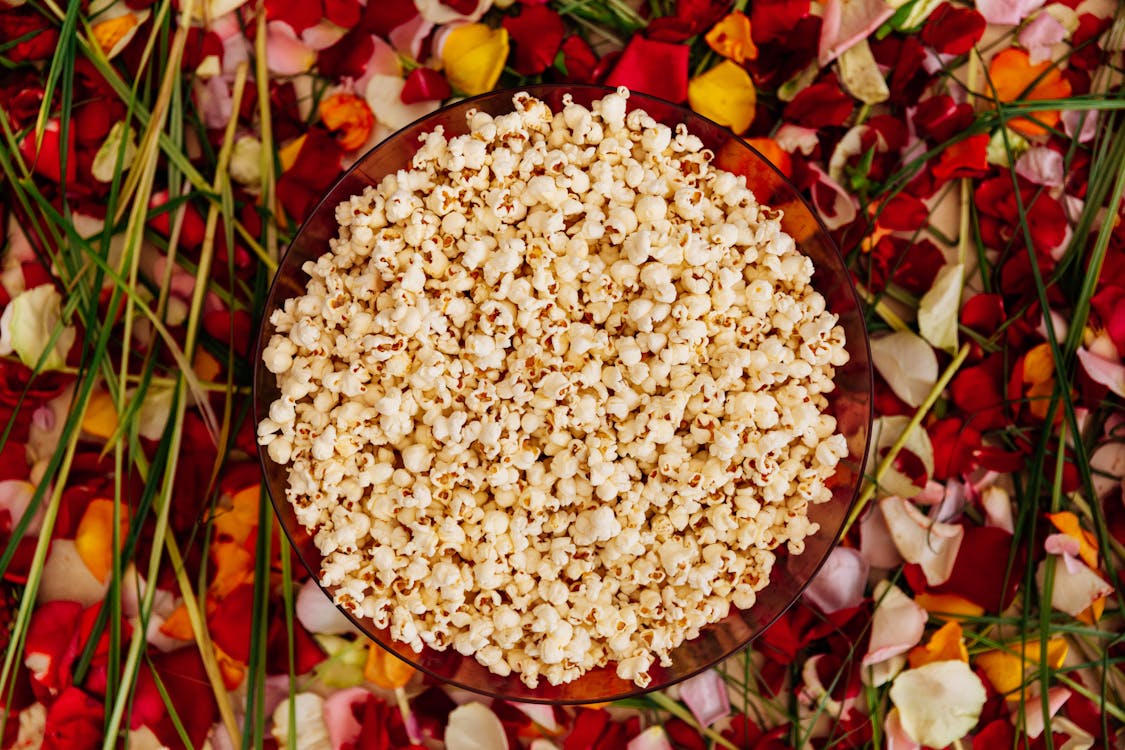Introduction:
Snacking is an essential part of many people's daily routines, providing a boost of energy and essential nutrients between meals. However, with the plethora of options available, it can be challenging to determine which snack foods are the healthiest choices. In this comprehensive guide, we will explore the spectrum of healthy snack foods, considering factors such as nutritional content, preparation methods, and overall impact on health.
The Criteria for Healthiest Snack Foods:
Before delving into specific snack options, it's crucial to establish the criteria for what makes a snack healthy. Here are some key factors to consider:
1. Nutritional Density: Healthy snacks should be rich in essential nutrients such as vitamins, minerals, fiber, and protein, while being relatively low in unhealthy components like added sugars, saturated fats, and sodium.
2. Balanced Macronutrients: A good snack should provide a balanced combination of macronutrients, including carbohydrates, protein, and healthy fats, to promote satiety and sustained energy levels.
3. Minimally Processed: Whole, minimally processed foods are generally healthier than highly processed alternatives, as they retain more nutrients and are lower in additives and preservatives.
4. Portion Control: Even healthy snacks can contribute to excessive calorie intake if consumed in large quantities, so portion control is essential.
Now, let's explore some of the healthiest snack options that meet these criteria:
1. Nuts and Seeds:
Nuts and seeds are nutritional powerhouses, packed with healthy fats, protein, fiber, vitamins, and minerals. Varieties such as almonds, walnuts, pumpkin seeds, and sunflower seeds are excellent choices. However, portion control is crucial due to their calorie density.
2. Fresh Fruit:
Fresh fruits are naturally sweet, satisfying cravings for sweetness while providing essential vitamins, minerals, and fiber. Options like apples, bananas, berries, and citrus fruits are convenient and nutritious snacks.
3. Greek Yogurt:
Greek yogurt is a protein-rich snack that also provides probiotics for gut health. Choose plain, unsweetened varieties and add fresh fruit or a drizzle of honey for sweetness.
4. Hummus and Vegetables:
Hummus, made from chickpeas, is a nutritious dip rich in protein and fiber. Pair it with sliced vegetables like carrots, cucumbers, bell peppers, and cherry tomatoes for a satisfying and nutrient-dense snack.
5. Whole Grain Crackers with Nut Butter:
Whole grain crackers provide complex carbohydrates and fiber, while nut butter offers healthy fats and protein. Opt for whole grain varieties with minimal added sugars and pair with almond, peanut, or cashew butter for a delicious and filling snack.
6. Popcorn:
Air-popped popcorn is a whole grain snack that is low in calories and high in fiber. Avoid pre-packaged microwave popcorn with added butter and salt, and instead, season plain popcorn with herbs, spices, or nutritional yeast for flavor.
7. Hard-Boiled Eggs:
Hard-boiled eggs are a convenient and portable snack rich in protein, vitamins, and minerals. They can be prepared in advance and stored in the refrigerator for quick and easy snacking.
8. Edamame:
Edamame, or steamed young soybeans, are a nutritious snack rich in protein, fiber, and essential nutrients like folate and vitamin K. Sprinkle with a pinch of sea salt for added flavor.
9. Homemade Trail Mix:
Create your own trail mix by combining nuts, seeds, dried fruits, and a small amount of dark chocolate for a satisfying and nutrient-dense snack. Be mindful of portion sizes to avoid excessive calorie intake.
10. Cottage Cheese with Fruit:
Cottage cheese is a low-fat, high-protein snack that pairs well with fresh fruit such as pineapple, peaches, or berries. It provides a good balance of protein, carbohydrates, and vitamins.
Conclusion:
Choosing healthy snack foods is essential for maintaining energy levels, supporting overall health, and preventing overeating. By selecting options that are nutrient-dense, minimally processed, and balanced in macronutrients, you can satisfy cravings while nourishing your body. Experiment with different combinations and flavors to find snacks that you enjoy and that support your health and well-being. Remember to practice portion control and mindful eating habits to ensure that your snack choices align with your health goals.

